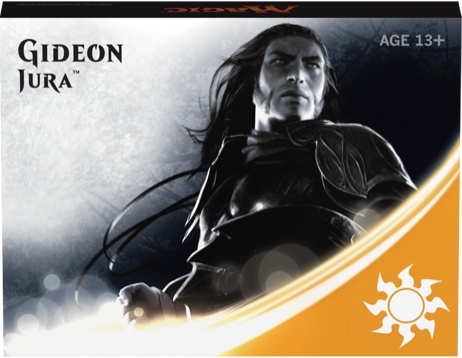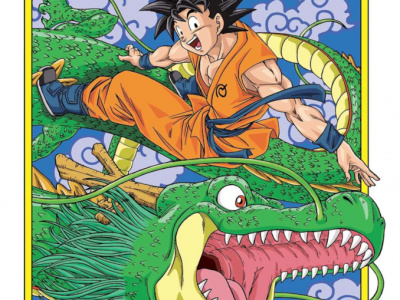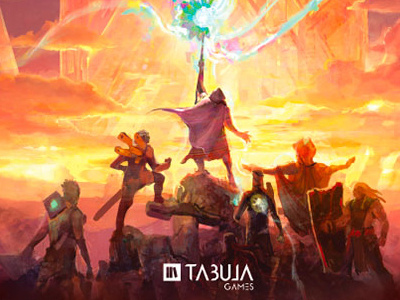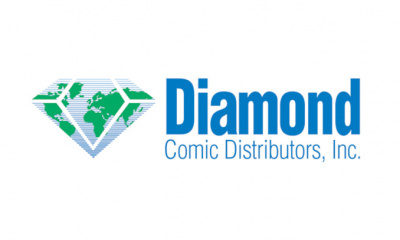Rolling for Initiative is a weekly column by Scott Thorne, PhD, owner of Castle Perilous Games & Books in Carbondale, Illinois and instructor in marketing at Southeast Missouri State University. This week, Thorne looks at the economics of pre-release events.
As I mentioned in last week’s column, a number of stores will discount pre-release events in the hopes of drawing more players. Short term, this sort of promotion benefits players because they can play more cheaply than otherwise and it benefits the store because it puts more people in seats and puts a healthy chunk of cash in the till in a short period of time, so it’s all good, right? Not really, not for the players long term and certainly not for the store. Here’s why.
As I have mentioned in previous columns (see "Rolling for Initiative--Retailing’s Dirty Little Secret"), the dirty little secret of retailing is that stores have to sell stuff for more than we pay for it. Unfortunately, although Wizards of the Coast is a wonderful company that does many things that help both retailers and players, one thing they don’t do (and nor does any other gaming company) is give us our products for free. The store had to pay for all those Magic Origins pre-release packs players spent last weekend cracking, either when they arrived through COD, credit card, bank transfer, etc. or within 30 days if the store has terms with the supplier. This means the store needs a chunk of cash quickly, and a tried and true method of doing so is cutting prices. However, more cash now means less cash later. Let’s look at some numbers.
The Magic Origins pre-release packs cost the store approximately $14 each, give or take some change. A store, desiring to put a lot of butts in seats, decides to charge $20 for each space in the pre-release and gets 50 people to show up, generating $1000. That’s a nice chunk of change. However, remember those packs aren’t free. The store pays $700 for them meaning it has $300 left. Still not bad.
Now, let’s take a look at store number 2. Store #2 charges $25 per tournament and only gets 27 people, generating $675 in proceeds from the event. Store #2 pays $378 for its packs, since it gets them for approximately $14 per pack as well, leaving a profit for the event of $297.
Store #1 owes its supplier $700 for the pre-release packs it used. Store #2 only owes its supplier $378. Store #1 put a lot more work into its tournament in terms of judging, seating, tracking results. Anyone who has ever run a large Magic or other TCG tournament can testify to how much work goes into it, but for all the extra work, Store #1 only generated a total of $3 more in profit from the event than did Store #2. If three more players had shown up at Store #2, it would have generated $330 in profits, making about 10% more in profit on the event with a third less players.
Why is this important to the store and the players over the long term? Because unless you have deep pocketed investors willing to take a loss over a long period of time (see Amazon) or have an incredibly efficient operation (see Walmart), profits are what keeps the store open, whether they are profits coming from regular day in and day out sales or from special events like a pre-release. Long term, without sufficient profits, a store cannot remain open and its customers will have to find someplace else to shop and play.
The opinions expressed in this column are solely those of the writer, and do not necessarily reflect the views of the editorial staff of ICv2.com.
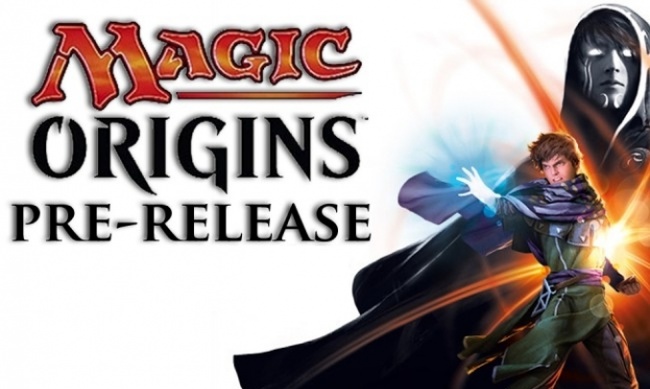
Column by Scott Thorne
Posted by Scott Thorne on July 4, 2016 @ 1:47 am CT
MORE GAMES
'Manga Booster' Set SB02 Announced
May 2, 2025
Bandai has announced the Dragon Ball Super TCG: Fusion World Manga Booster set SB02.
Starting with 'Mysthea' and 'Volfyirion Guilds'
May 2, 2025
Ares Games will begin distributing Tabula Games titles in English-speaking countries, starting with Mysthea and Volfyirion Guilds.
MORE COLUMNS
Column by Rob Salkowitz
April 28, 2025
So, throw Diamond's final fate onto the growing pile of things that folks in the comics industry don't know and don't control about the business environment.
Column by Scott Thorne
April 28, 2025
This week, columnist Scott Thorne discusses more tariff news, including price increases and companies scaling down to brace for the impact of tariffs.



